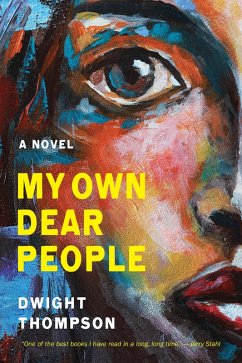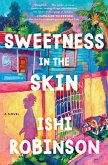A young Jamaican man struggles to overcome toxic masculinityhis culture's and his ownin this Caribbean coming-of-age novel
In Montego Bay, Jamaica, teenager Nyjah Messado witnesses a brutal assault by some of the boys in his circle of friends. Torn between the masculine code at his private all boys' school and his own conscience, Nyjah fails to intervene, and comes of age haunted by the guilt of his inaction.
Stylistically engaging, ambitious in scope, and brimming with poetic patois, the novel takes us through a sweeping movement between the younger and more mature selves of Nyjah. We see him trying to come to terms with his own place in multiple worlds: in his family; at school, with its colonial Eurocentric ethos; and within the religion and politics of Montego Bay and the city's criminal gangs. Similar to Hanya Yanagihara's A Little Life and Kate Walbert's His Favorites, My Own Dear People looks unflinchingly at proclivities toward cruelty, particularly toward women and LGBTQ+ people. Dwight Thompson elevates the tradition of the coming-of-age novel by boldly examining how sexual predation crosses both gay and straight worlds.
In Montego Bay, Jamaica, teenager Nyjah Messado witnesses a brutal assault by some of the boys in his circle of friends. Torn between the masculine code at his private all boys' school and his own conscience, Nyjah fails to intervene, and comes of age haunted by the guilt of his inaction.
Stylistically engaging, ambitious in scope, and brimming with poetic patois, the novel takes us through a sweeping movement between the younger and more mature selves of Nyjah. We see him trying to come to terms with his own place in multiple worlds: in his family; at school, with its colonial Eurocentric ethos; and within the religion and politics of Montego Bay and the city's criminal gangs. Similar to Hanya Yanagihara's A Little Life and Kate Walbert's His Favorites, My Own Dear People looks unflinchingly at proclivities toward cruelty, particularly toward women and LGBTQ+ people. Dwight Thompson elevates the tradition of the coming-of-age novel by boldly examining how sexual predation crosses both gay and straight worlds.
Dieser Download kann aus rechtlichen Gründen nur mit Rechnungsadresse in A, D ausgeliefert werden.









